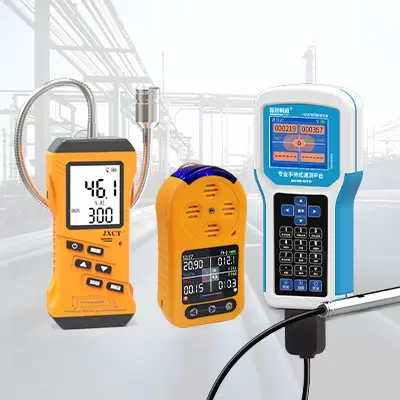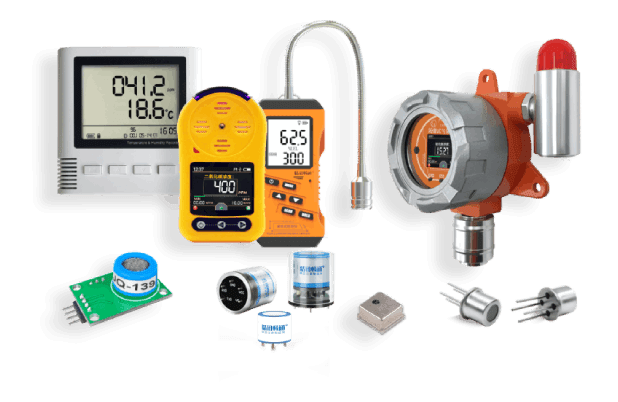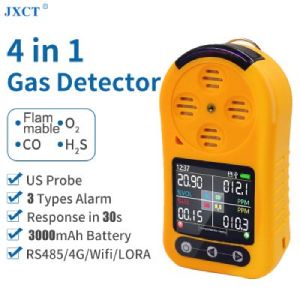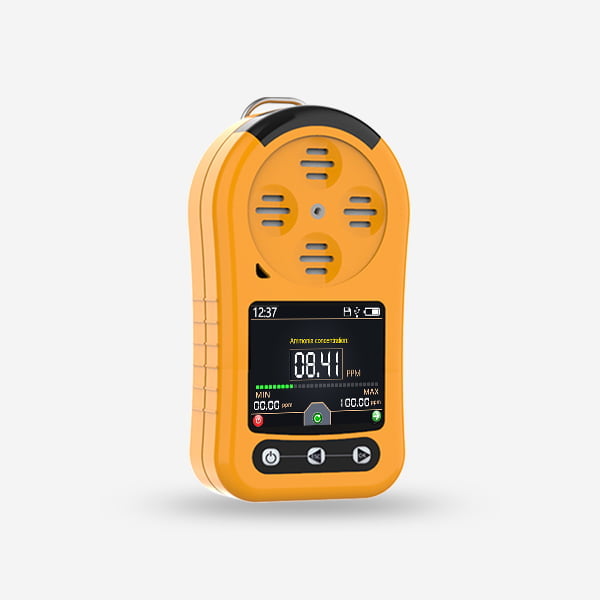Understanding of Gas detectors
Gas detectors play a critical role in safeguarding the health and safety of individuals in various environments. These essential devices are monitor the presence of hazardous gases, alerting users to potential risks and enabling proactive measures to mitigate the dangers associated with gas exposure. From industrial facilities and laboratories to public spaces and residential buildings, gas detectors are indispensable tools for preventing accidents, protecting lives, and ensuring compliance with safety regulations. In this essay, we will explore the vital role of gas detectors in safeguarding individuals and the environment, highlighting their importance, functionality, and impact on safety and well-being.

Gas detectors serve as early warning systems for the presence of hazardous gases, providing essential protection for workers, emergency responders. These devices are equipped with advanced sensors capable of detecting a wide range of gases, including combustible gases, toxic fumes, oxygen deficiency, and volatile organic compounds (VOCs). By continuously monitoring the environment for the presence of these gases, gas detectors play a crucial role in identifying potential hazards and enabling timely responses to prevent accidents and protect individuals from the harmful effects of gas exposure.
The primary function of gas detectors
The primary function of gas detectors is to provide real-time monitoring of gas levels, enabling users to take immediate action in the event of a gas leak or abnormal gas concentration. These devices are equipped with sensitive sensors that can detect even trace amounts of hazardous gases, ensuring that potential risks are identified before they reach dangerous levels. Through the use of visual and audible alarms, gas detectors alert individuals to the presence of gas hazards, prompting them to evacuate the area, initiate safety protocols, or take measures to contain the gas leak. This real-time functionality is essential for preventing accidents and minimizing the impact of gas-related incidents on human health and the environment.
The role of Gas Detectors

Furthermore, gas detector play a vital role in ensuring compliance with safety regulations and industry standards. In many industrial sectors, such as oil and gas, chemical manufacturing, and utilities, the use of gas detectors is mandated by occupational safety and health regulations to protect workers from exposure to hazardous gases. By continuously monitoring the environment for gas hazards, these devices help organizations comply with regulatory requirements and demonstrate a commitment to ensuring the safety and well-being of their employees. Additionally, gas detectors are essential for maintaining safe working conditions in confined spaces, where the accumulation of gases poses a significant risk to workers’ health and safety.
The versatility of gas detectors is another key aspect of their role in safeguarding individuals. These devices are available in various configurations, including portable, fixed, and wireless models, to suit different applications and environments. Portable gas detectors are ideal for on-the-go gas monitoring in diverse settings, such as construction sites, emergency response scenarios, and fieldwork, where mobility and flexibility are essential. Fixed gas detectors, on the other hand, are designed for continuous monitoring of specific areas in industrial facilities, refineries, and chemical plants, providing comprehensive coverage and early detection of gas hazards. Wireless gas detectors offer the advantage of remote monitoring and data transmission, enabling real-time alerts and centralized management of gas detection systems across large facilities or multiple locations.
Moreover, the peace of mind provided by gas sensors is invaluable, instilling confidence in the safety and reliability of the environment. Whether it is in industrial facilities, laboratories, the presence of gas sensors reassures occupants that proactive measures are in place . This peace of mind is essential for creating a sense of security and trust among workers, residents, and visitors, ensuring that they can carry out their activities with confidence in the safety of the environment.
In addition, the data logging and reporting capabilities of gas sensors play a crucial role in safety management. These devices are equipped with features that allow for the storage and analysis of gas detection data, including time-stamped readings, alarm events, and exposure levels. This data can be used to track trends, identify potential hazards, and assess the effectiveness of safety measures over time. Additionally, the ability to generate comprehensive reports from gas detector data is essential for demonstrating compliance with safety regulations, conducting incident investigations, and implementing preventive measures to mitigate gas-related risks.
The advancements in gas detection technology
The advancements in gas detection technology have further enhanced the role of gas detectors in safeguarding individuals. Modern gas detectors are equipped with advanced features, such as multi-gas detection capabilities, wireless connectivity, cloud-based data storage, and remote monitoring options, which enhance their effectiveness and usability. These technological advancements enable real-time data transmission, centralized monitoring of gas detection systems, and seamless integration with safety management platforms, contributing to improved safety and efficiency in gas monitoring and response.

Furthermore, the cost-effectiveness of gas sensors is a significant factor in their role in safeguarding individuals and the environment. While the initial investment in gas detection systems may vary, the potential cost savings resulting from the prevention of accidents, property damage, and health issues are substantial. By enabling proactive gas detection and risk mitigation, gas sensors help to minimize the potential impact of gas-related incidents on businesses, organizations, and the community at large. Moreover, the use of gas sensors can contribute to lower insurance premiums for businesses, as insurers recognize the proactive measures taken to mitigate risks associated with gas exposure.
Conclusion
In conclusion, gas sensors play a vital role in safeguarding individuals and the environment by providing early warning of hazardous gases, enabling proactive measures to mitigate risks, ensuring compliance with safety regulations, and instilling peace of mind in various settings. From their real-time monitoring capabilities and versatility to their impact on safety and well-being, gas sensors are indispensable tools for preventing gas-related accidents, protecting lives, and maintaining safe working environments. As technology continues to advance, the capabilities and effectiveness of gas detector will only improve, further enhancing their role in safeguarding individuals and the environment from the dangers of gas exposure.





